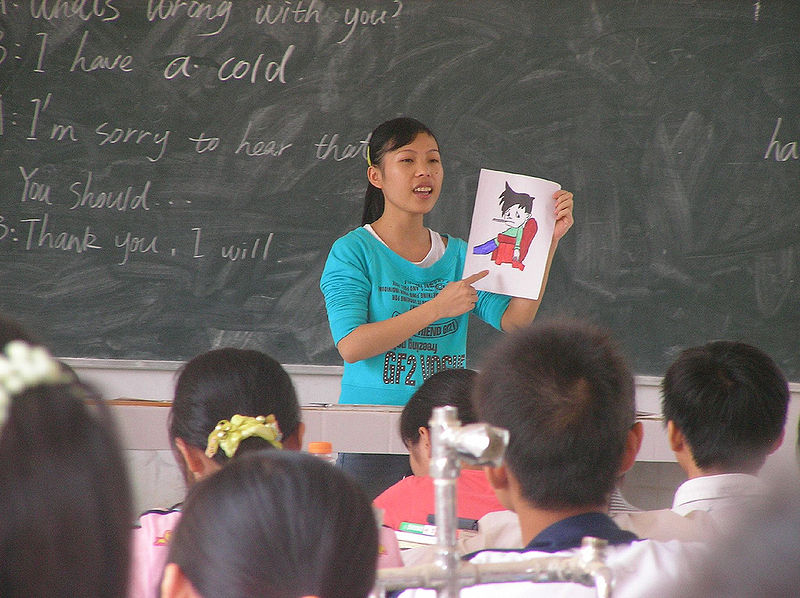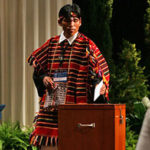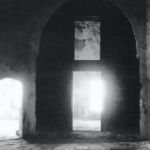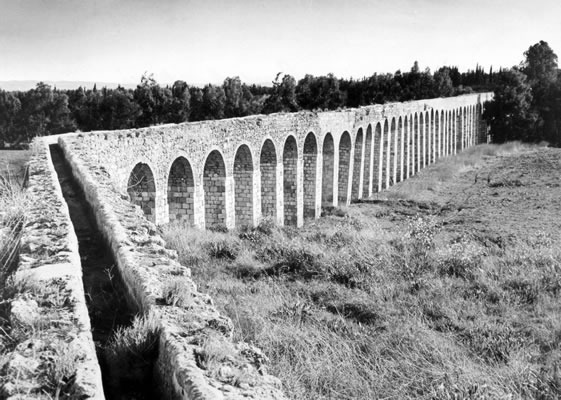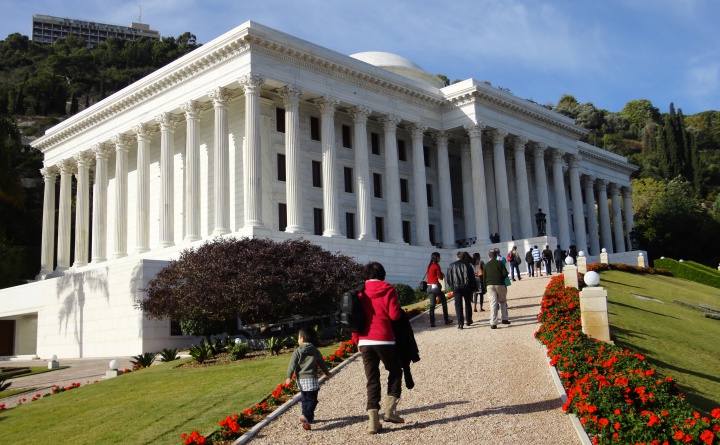
Death: The Last Taboo and What Comes After
 There is virtually nothing that is a taboo in modern society. Death is the one exception. Ironically so, as our nightly news and popular entertainment are so often full of death.
There is virtually nothing that is a taboo in modern society. Death is the one exception. Ironically so, as our nightly news and popular entertainment are so often full of death.
Yet there are plenty of articles that identify the death taboo. So how is it taboo? It is taboo in the sense that we live as if death is something that only happens to someone else. In our popular culture, the unavoidable reality of our own death is a taboo that is pushed deep into the subconscious. Of course we will all die one day.
The taboo has practical consequences. As the old meme goes – what would we do – or say – if today was our last day? We probably wouldn’t worry about the unimportant things that fill most of our time. We might be kinder to those around us.
In those rare cases where we do hear the voices of those who realise that their time has arrived — often the most important thing they have to say is that they love those around them. The illusion that this material life lasts forever truly makes us behave irrationally. What does accumulation of wealth mean, for example? Even more so, if we are open to the possibility that our spirit transcends death and endures. In the Hidden Words Bahá’u’lláh suggests that death is not what we assume.
I have made death a messenger of joy to thee. Wherefore dost thou grieve? I made the light to shed on thee its splendor. Why dost thou veil thyself therefrom?[1]
The immediately following Hidden Words convey similar thoughts. For example:
The spirit of holiness beareth unto thee the joyful tidings of reunion; wherefore dost thou grieve?[2]
Further the sense that material death is of secondary importance is conveyed in the following:
Thou art My dominion and My dominion perisheth not; wherefore fearest thou thy perishing? Thou art My light and My light shall never be extinguished; why dost thou dread extinction?[4]
There is no sense that it is rational to live a life dominated by fear of death. Yet death is also relevant to our present life.
Bring thyself to account each day ere thou art summoned to a reckoning; for death, unheralded, shall come upon thee and thou shalt be called to give account for thy deeds.[5]
O Children of Negligence! Set not your affections on mortal sovereignty and rejoice not therein. Ye are even as the unwary bird that with full confidence warbleth upon the bough; till of a sudden the fowler Death throws it upon the dust, and the melody, the form and the color are gone, leaving not a trace. Wherefore take heed, O bondslaves of desire! [6]
Such concepts – that something about our actions and reality in this life profoundly affects our wellbeing after it and that this world is in some sense an illusion – are found in all religions – though expressed in different ways.
Even if we cannot see that next life – it is clear enough to us that kindness and philanthropy in this life – is a preferable way to live than selfish pursuit of our own interests. Good comes from care for our fellow human beings.
The following, also from Bahá’u’lláh, speaks further of life beyond death.
And now concerning thy question regarding the soul of man and its survival after death. Know thou of a truth that the soul, after its separation from the body, will continue to progress until it attaineth the presence of God, in a state and condition which neither the revolution of ages and centuries, nor the changes and chances of this world, can alter. It will endure as long as the Kingdom of God, His sovereignty, His dominion and power will endure. It will manifest the signs of God and His attributes, and will reveal His loving kindness and bounty. … The nature of the soul after death can never be described, nor is it meet and permissible to reveal its whole character to the eyes of men. The Prophets and Messengers of God have been sent down for the sole purpose of guiding mankind to the straight Path of Truth. The purpose underlying Their revelation hath been to educate all men, that they may, at the hour of death, ascend, in the utmost purity and sanctity and with absolute detachment, to the throne of the Most High. The light which these souls radiate is responsible for the progress of the world and the advancement of its peoples. They are like unto leaven which leaveneth the world of being, and constitute the animating force through which the arts and wonders of the world are made manifest. … The world beyond is as different from this world as this world is different from that of the child while still in the womb of its mother. When the soul attaineth the Presence of God, it will assume the form that best befitteth its immortality and is worthy of its celestial habitation. … [7]
(This article is the 79th in a series of what I hope will be 200 articles in 200 days for the 200th anniversary of the birth of Bahá’u’lláh. The anniversary is being celebrated around the world on 21 and 22 October 2017, The articles are simply my personal reflections on Bahá’u’lláh’s life and work. Any errors or inadequacies in these articles are solely my responsibility.)
